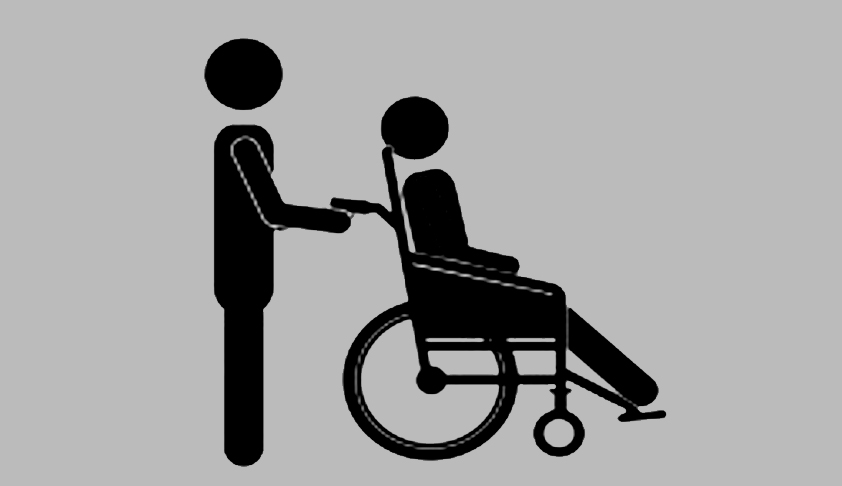Implementation of Disability Act: Supreme Court angry at Non-Cooperation by States
LIVELAW NEWS NETWORK
14 Sept 2015 1:50 PM IST

Next Story
14 Sept 2015 1:50 PM IST
Bringing into focus the plight of disabled people, the Supreme Court today fumed at several states not filing responses as to steps taken to implement various provisions of the Disability Act.In April , the apex court had issued notices to the Centre and all states on a plea seeking periodic monitoring of implementation of various provisions of the Disabilities Act. But ten states...
